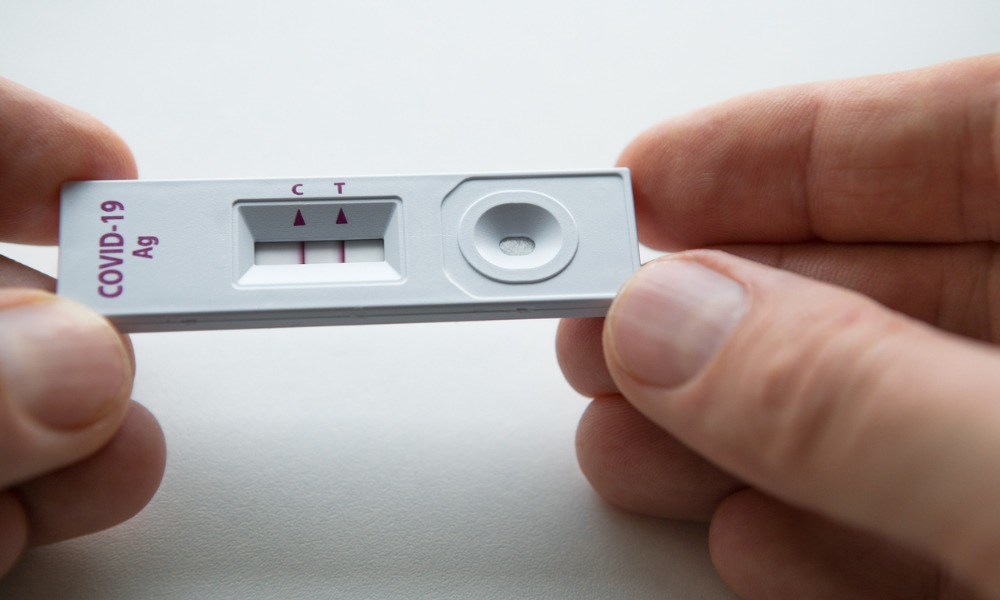
Protocol for household contacts blamed for insufficient staffing for businesses

Businesses are getting a "case of long COVID" thanks to New Zealand's strict isolation rules, according to the Auckland Business Chamber, warning that they may never recover from the situation.
In New Zealand, individuals sick with COVID-19 must self-isolate for at least seven days until they recover, with Day 0 being the day when symptoms start to show. Isolation protocol is similar for household contacts, according to the government, who will also need to isolate for seven days unless they have had COVID-19 in the last three months.
But businesses are calling out this policy for household contacts "obsolete," pointing out that it is worsening the insufficient staff problems for businesses that are already burdened with sick employees.
"The isolation rules for household contacts are obsolete, outrun by freely available vaccinations, boosters, quick tests, anti-viral medicines, mask wearing, admittedly too slack at present, and greater personal responsibility to stay home when sick," said Michael Barnett, chief executive officer of the Auckland Business Chamber, in a statement.
According to Barnett, businesses are getting a case of long COVID instead of getting the chance to build on the momentum ahead of New Zealand's reopening.
"We are giving our businesses a case of long Covid that they may never recover from by not using the test, pass, work protocol that should be the rule to keep people freely moving around the country and workplaces open," said Barnett.
"Business needs a chance to build momentum, confidence with certainty, and be trusted to run a safe and healthy workplace for all."
Read more: Businesses welcome Orange settings
Individuals are considered household contacts when they live in a house on a permanent or part-time basis with a person who has tested positive with COVID-19. They may also be individuals who spent more than eight hours at a residence of a COVID-positive patient when they were infectious.
"You are also a Household Contact if you do not normally share a residence with the person who has COVID-19, but have spent a night together in the same room," explained the government on its website.
If a person is tagged as a household contact, then they need to isolate for seven days, starting from the day the COVID-positive individual tested positive or started showing symptoms.
Isolation only ends at the same time as the first COVID-positive person if the household contact's Day 7 test turned out negative, according to the government, and if they have no new or worsening symptoms.
The government, however, ruled that recently recovered COVID-19 patients may not need to isolate again for another three months if they become a household contact, citing the low risk of reinfection.
Isolation protocols are different for critical workers, however, who are exempted under the Close Contact Exemption Scheme.
"Critical workers need to be fully vaccinated, have no symptoms and have a negative RAT before going to work. Your employer will let you know if the scheme applies to you," advised the government.